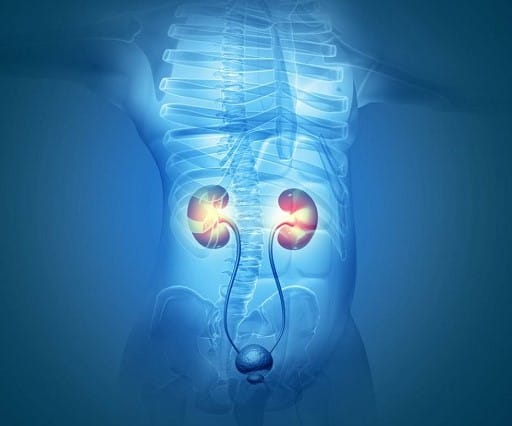Last Updated on April 11, 2025 6:06 pm by INDIAN AWAAZ

Dr Sourabh Sharma and Dr Sanjay Kalra
Young adults with proteinuria are at a greater risk of sudden cardiac arrest compared to those who do not have proteinuria. This risk was further heightened in those with pre-existing chronic kidney disease. These findings, from a study involving more than 6 million young adults, were published in the Journal of the American Heart Association.1
Over the course of the follow-up period, sudden cardiac arrest was reported in 5352 individuals (0.08%). They were more likely to be older (ages 30–39), male and also have a higher prevalence of underlying medical conditions, including hypertension, diabetes, chronic kidney disease, dyslipidemia, heart failure, atrial fibrillation, myocardial infarction, and stroke.
Sudden cardiac arrest was more common in those with proteinuria (0.19%) than those without (0.09%). After adjusting for confounding factors, proteinuria was linked to a 1.71 times higher risk of SCA compared to individuals without proteinuria with an adjusted hazard ratio of 1.71. Higher levels of proteinuria, 3+ (300 mg/dL) or 4+ (1000 mg/dL), on urine dipstick were associated with a 2.9-fold increased risk of sudden cardiac arrest, while milder proteinuria (+1 or +2) was associated with a 1.6-fold increased risk. The association between proteinuria and sudden cardiac arrest was particularly stronger in patients with stage 3-5 CKD. Younger adults with both proteinuria and pre-existing CKD had the highest risk, with a 5.5-fold increase in the probability of sudden cardiac arrest.
Based on these findings, it may reasonably be concluded that urine protein may serve as a reliable surrogate marker for identifying the risk of sudden cardiac arrest in younger adults. However, a causal relationship between the two cannot be established. Nevertheless, the urine dipstick test may be a valuable tool for identifying and stratifying individuals at higher risk for sudden cardiac arrest. The authors note that “…proteinuria can be a renal manifestation of atherosclerotic cardiovascular disease, and also can accelerate cardiovascular events”.
Dr Sourabh Sharma is Assistant Professor, Dept. of Nephrology, VMMC & Safdarjung Hospital, New Delhi; and Dr Sanjay Kalra, DM (AIIMS) is Treasurer, International Society of Endocrinology; Bharti Hospital, Karnal, Haryana
Reference
1. Joo Hee Jeong, et al. Proteinuria is associated with an increased risk of sudden cardiac arrest in the young population. J Am Heart Assoc. 2025 Mar 18;14(6):e036077. doi: 10.1161/JAHA.124.036077.
The importance of your kidneys can never be overemphasized. They do not only remove the waste, toxins, and excess water from your body, but they also balance your body’s fluids, release hormones responsible for the regulation of your blood pressure, produce vitamin D to help keep your bones healthy, control the production of red blood cells and regulate your body’s salt, potassium, and acid content. This is why keeping your kidneys healthy is of prime importance to your overall health and well-being.
